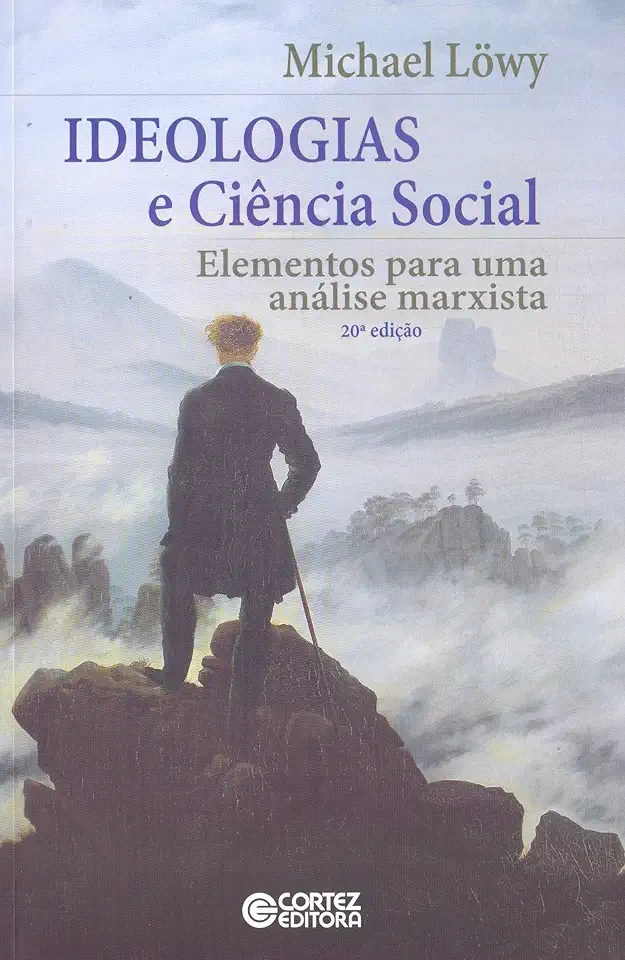
Ideologies and Social Science - Michael Lowy
Ideologies and Social Science: A Critical Introduction
In his seminal work, "Ideologies and Social Science," Michael Löwy offers a comprehensive and critical examination of the role of ideologies in shaping social science research and analysis. Löwy argues that ideologies are not simply neutral frameworks for understanding the world, but rather powerful tools that can be used to legitimize or challenge existing social structures and power relations.
The Nature of Ideology
Löwy begins by defining ideology as a system of beliefs and values that provides a framework for interpreting and understanding the social world. He argues that ideologies are not simply abstract ideas, but rather concrete forces that shape our perceptions of reality and influence our actions. Ideologies can be found in all aspects of social life, from politics and economics to culture and religion.
The Functions of Ideology
Löwy identifies three main functions of ideology:
- Legitimation: Ideologies can be used to legitimize existing social structures and power relations by presenting them as natural, inevitable, or even desirable.
- Mobilization: Ideologies can be used to mobilize people to action by providing them with a sense of purpose and direction.
- Repression: Ideologies can be used to repress dissent and maintain social control by delegitimizing alternative viewpoints and labeling them as dangerous or subversive.
Ideology and Social Science
Löwy argues that ideologies have a profound impact on social science research and analysis. He identifies three main ways in which ideologies can influence social science:
- Selection of research topics: Ideologies can influence the selection of research topics by privileging certain issues and marginalizing others.
- Interpretation of research findings: Ideologies can influence the interpretation of research findings by shaping the way researchers make sense of the data they collect.
- Policy recommendations: Ideologies can influence policy recommendations by shaping the way researchers think about the best ways to address social problems.
The Critique of Ideology
Löwy concludes by arguing for the importance of critiquing ideology in social science research. He argues that social scientists need to be aware of the ideological assumptions that shape their work and to be open to challenging those assumptions. By critiquing ideology, social scientists can help to create a more just and equitable society.
Why You Should Read This Book
"Ideologies and Social Science" is a must-read for anyone interested in understanding the role of ideology in shaping our understanding of the social world. Löwy's critical analysis of ideology provides a valuable framework for understanding how ideologies can be used to legitimize or challenge existing social structures and power relations. This book is essential reading for social scientists, activists, and anyone else who wants to create a more just and equitable world.
Praise for "Ideologies and Social Science"
"A brilliant and incisive analysis of the role of ideology in social science. Löwy's work is essential reading for anyone who wants to understand how power works in society." —Noam Chomsky
"A major contribution to the study of ideology. Löwy's work is a powerful reminder of the importance of critiquing ideology in social science research." —Pierre Bourdieu
"A must-read for anyone interested in understanding the role of ideology in shaping our understanding of the social world. Löwy's work is a valuable resource for social scientists, activists, and anyone else who wants to create a more just and equitable world." —Howard Zinn
Enjoyed the summary? Discover all the details and take your reading to the next level — [click here to view the book on Amazon!]